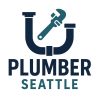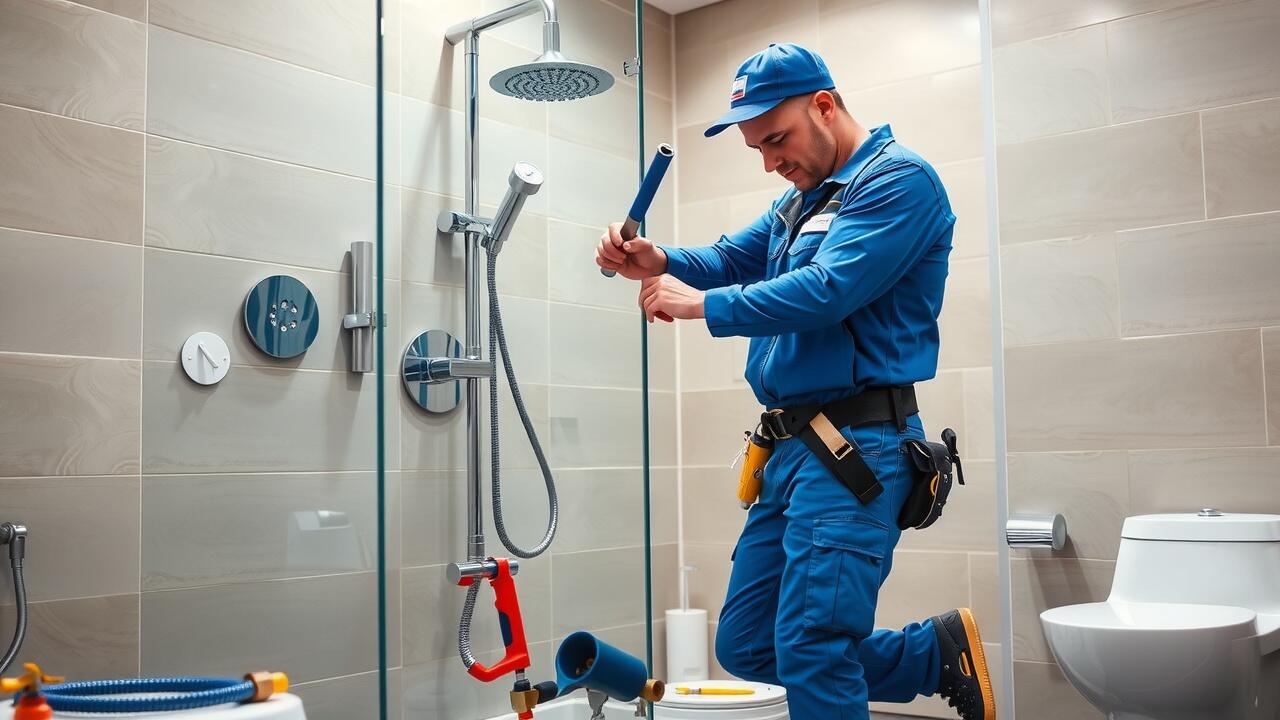Shower Type and Repair Complexity
The type of shower significantly influences the overall cost of repair. Standard showers often involve simpler plumbing and fewer materials, which can result in lower repair costs. Meanwhile, custom showers, with their unique designs and specialized materials, can complicate the repair process. This complexity often leads to higher labor costs and an extended timeline for completion. Therefore, homeowners should consider the type of shower they have when assessing potential repair expenses.
Repair complexity can also arise based on the nature of the problem. Issues like leaks, mold, or water pressure can require different levels of expertise and may involve various materials. Shower installation and repair can be straightforward for minor fixes, but extensive problems, such as structural damage or outdated plumbing, may warrant a more comprehensive approach. Understanding these factors helps homeowners prepare for the financial implications associated with their specific shower type and its maintenance needs.
Standard vs. Custom Showers
Standard showers typically feature common designs and materials that are readily available, making them more cost-effective to repair. When issues arise, such as leaks, tile damage, or faulty fixtures, the replacement parts are generally easier to source. This accessibility often results in a quicker turnaround for repairs, which can be an essential factor for homeowners looking to minimize inconvenience.
In contrast, custom showers offer unique designs tailored to personal preferences and can incorporate high-end materials that significantly increase the complexity of repairs. Shower installation and repair for these bespoke options often require specialized skills, which can drive up labor costs. Additionally, sourcing materials for custom showers may take longer, leading to longer repair timelines and higher overall expenditures.
Geographic Location Impact
Geographic location plays a significant role in determining the cost of shower installation and repair. Variations in labor rates, material costs, and even regional demand can lead to noticeable differences in pricing. Areas with a higher cost of living typically see increased labor charges and more expensive materials. Urban centers may present additional challenges, including tighter regulations and higher permit fees, which can further elevate overall expenses.
Regional pricing variations can also be influenced by local plumbing codes and the availability of skilled labor. Different states and municipalities may have specific requirements that affect both the complexity and the cost of repairs. For instance, a homeowner in a rural setting might find more affordable options compared to someone in a metropolitan area. Understanding these regional aspects is crucial when budgeting for shower installation and repair.
Regional Pricing Variations
Regional pricing variations can significantly affect the cost of shower installation and repair. In urban areas with a higher cost of living, labor and material prices typically rise, leading to increased repair costs. Conversely, in rural regions, these expenses may be lower due to reduced demand and lower overhead for contractors. It’s important to consider local market conditions when seeking estimates for repair work, as this can lead to a wide range in pricing.
Additionally, some states or cities may have specific regulations that influence pricing. For instance, regions with strict plumbing codes may require more comprehensive inspections and permits, adding to overall repair costs. Local economies also play a role; in areas where homeowners are investing in renovations, demand for skilled labor can drive prices higher. Therefore, understanding your region’s unique pricing dynamics is crucial when budgeting for shower installation and repair.
Plumbing Codes and Regulations
Plumbing codes and regulations play a significant role in shower installation and repair. These standards ensure that plumbing systems are safe, functional, and consistent with local guidelines. Homeowners must familiarize themselves with these codes when planning any repairs or renovations. Regulations may dictate the types of materials that can be used, the layout of plumbing fixtures, and even the maximum allowable water flow rates.
In many areas, certain repairs may require permits. This necessity can lead to additional costs, which homeowners should factor into their overall budget for shower installation and repair. Failure to comply with plumbing codes can result in fines and the potential need to redo work that is found to be noncompliant. Being aware of local regulations can help avoid these complications and streamline the repair process.
Potential Permit Costs
When embarking on shower installation and repair, it’s important to consider any potential permit costs that may arise. Depending on the jurisdiction, local regulations might require permits for plumbing work or significant fixture changes. These permits ensure that the work complies with safety standards and building codes, which helps to maintain the integrity of the property.
The fees associated with these permits can vary widely based on location and the scope of the project. Homeowners should contact their local building department to verify permit requirements and associated costs before proceeding with any work. Ignoring these regulations could lead to fines or the need to undo completed work, resulting in added expenses for the homeowner.
FAQS
What factors influence the cost of shower repairs?
The cost of shower repairs can be influenced by several factors including the type of shower (standard vs. custom), the complexity of the repair, geographic location, and any applicable plumbing codes and permit costs.
How does the type of shower affect repair costs?
Standard showers typically have lower repair costs due to their simpler design and widely available parts, while custom showers may incur higher costs due to unique materials or complex installations.
Are there significant pricing variations based on geographic location?
Yes, repair costs can vary greatly depending on the region. Areas with a higher cost of living typically have higher labor and material costs, which can impact the overall expense of shower repairs.
What are the possible costs associated with plumbing permits?
The cost of plumbing permits can vary depending on local regulations and requirements. It’s advisable to check with your local municipality to understand any potential fees that may apply to your shower repair.
How can I estimate the total cost of my shower repair?
To estimate the total cost, consider the type of repair needed, gather quotes from local plumbers, and factor in any potential permit fees. Assessing these elements will give you a clearer picture of the overall expense.
Related Links
Shower installation and repair SeattleWA, Washington
What is the average cost of a new shower installation?
How much should I pay for a shower installation?
How much does it usually cost to install a shower?

